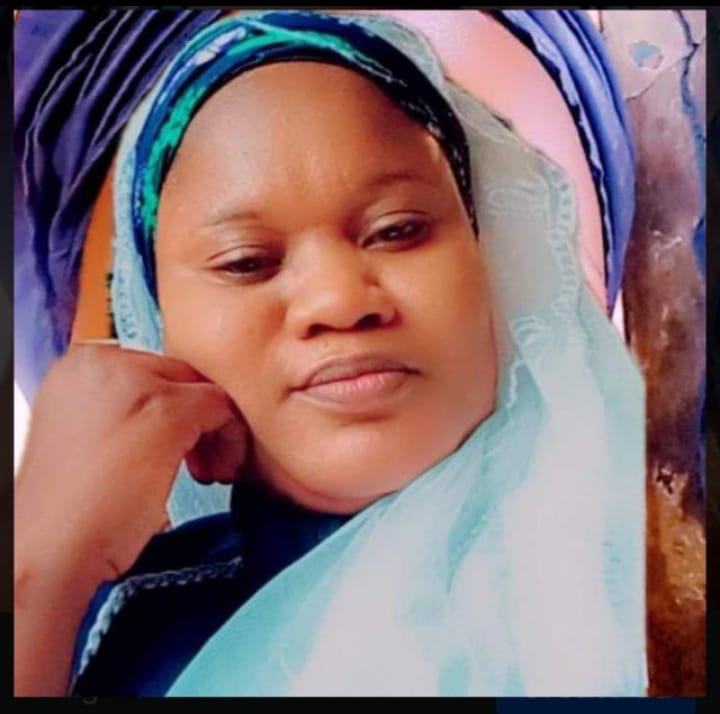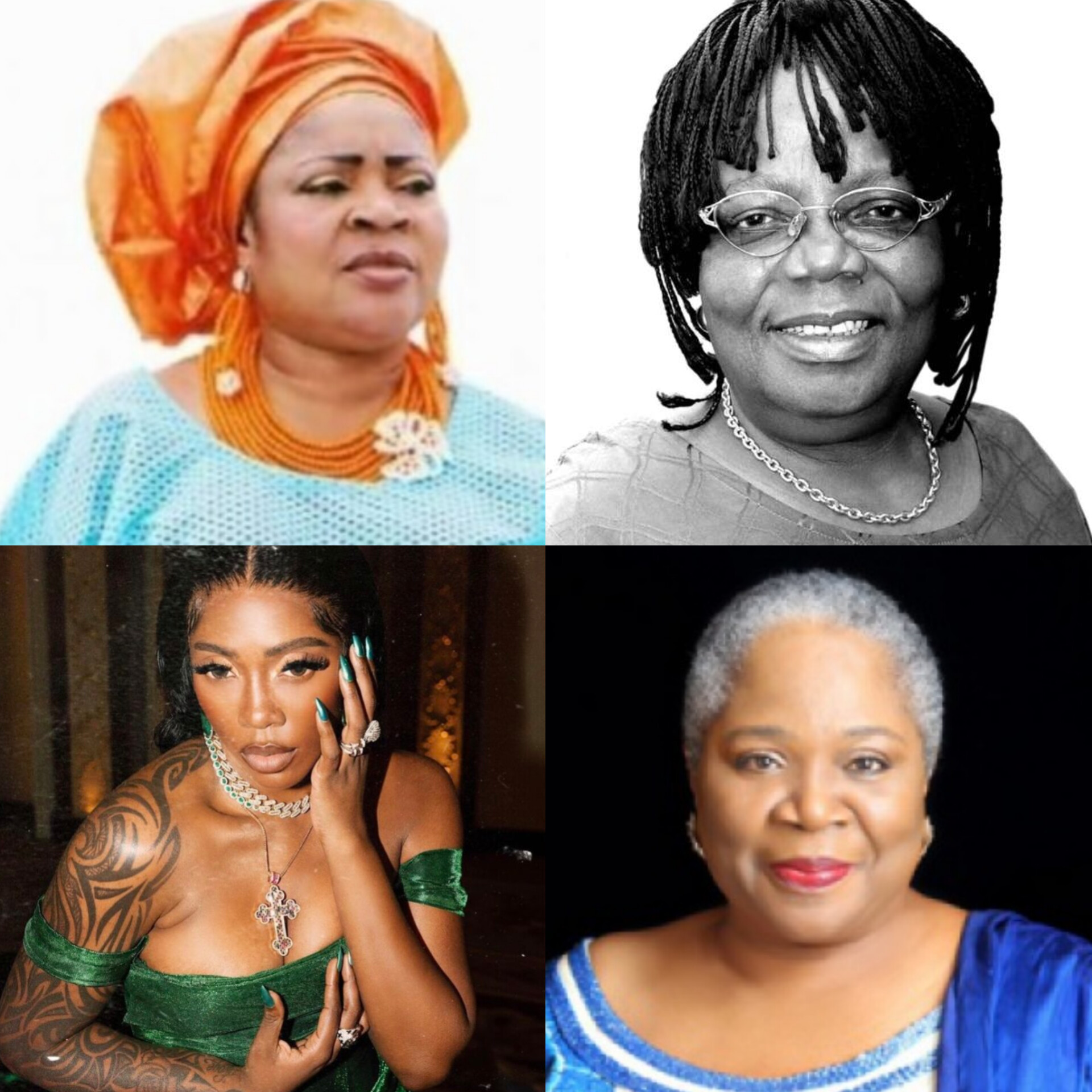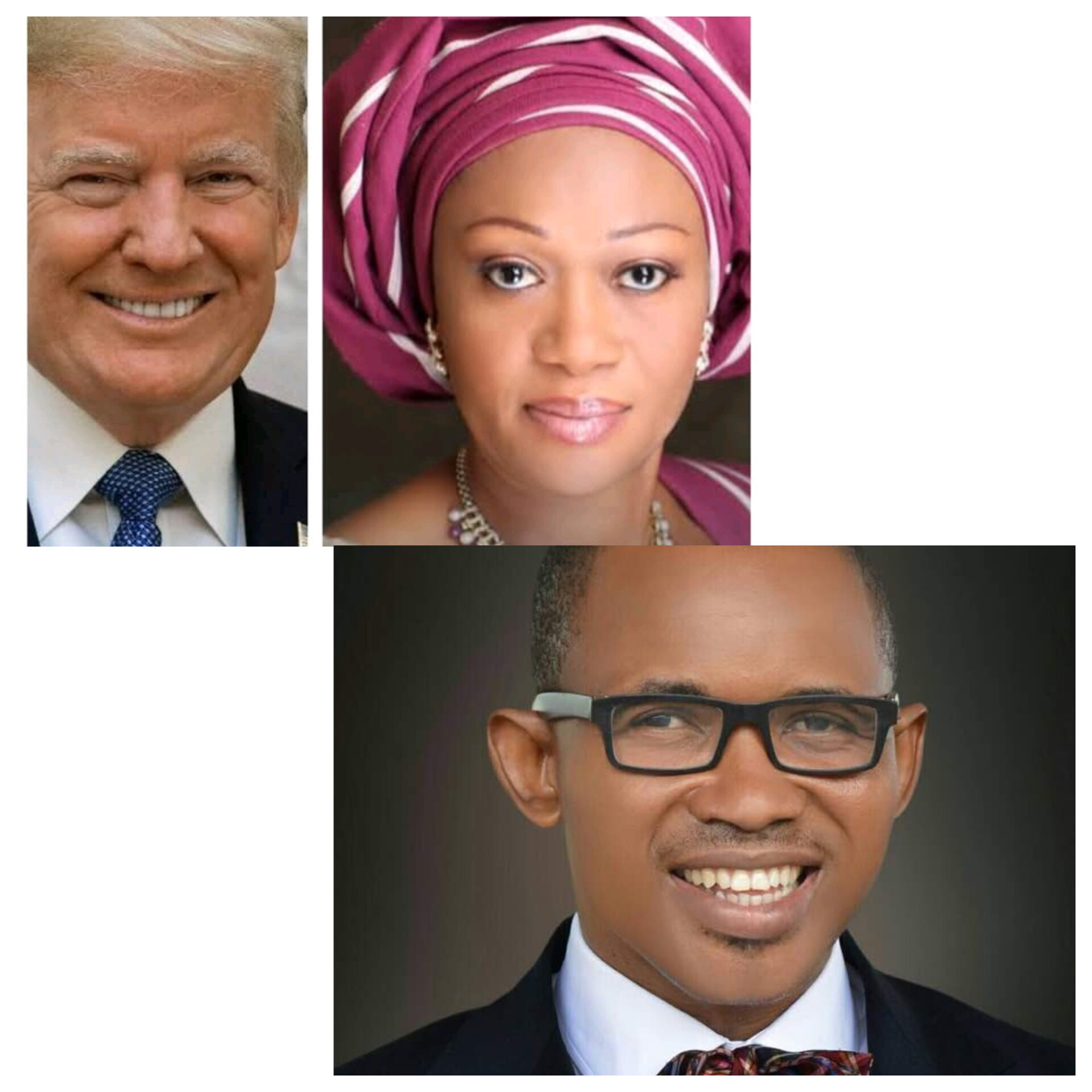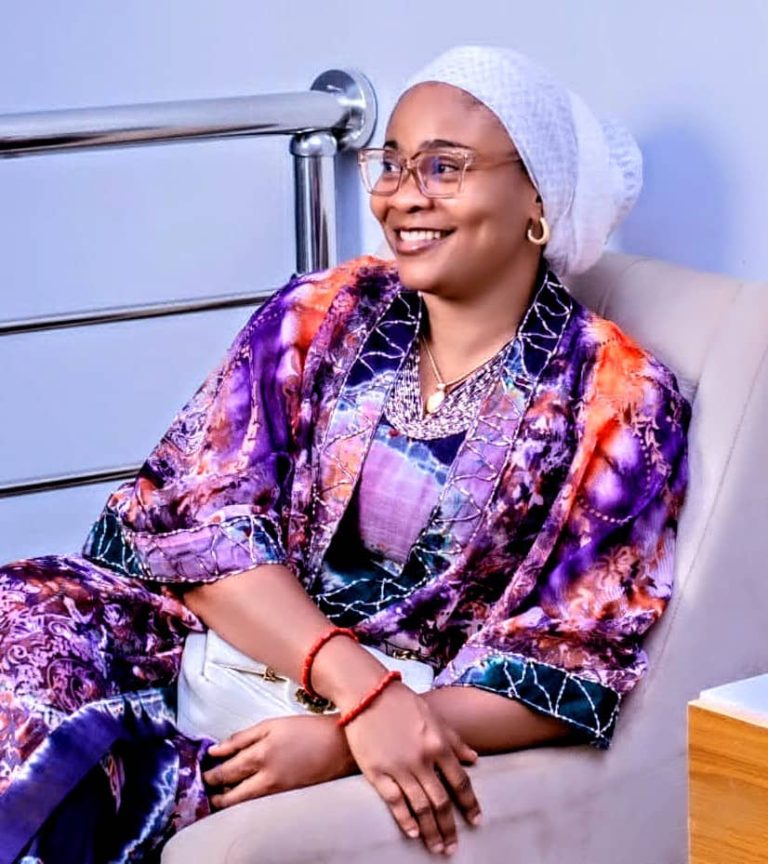Celebrating Nigerian Women in the Arts. By Falilat Oreoluwa Dikko

Celebrating Nigerian Women in the Arts

Nigeria’s artistic landscape is a vast, ever-evolving tapestry, woven with the creativity and resilience of its women. From the rhythmic beats of music to the evocative strokes of a painter’s brush, from the compelling words of novelists to the gripping storytelling of filmmakers, Nigerian women have been at the heart of the nation’s cultural heartbeat. Their stories, their struggles, and their triumphs are the notes and colours that define our artistic identity.
One cannot speak of Nigerian literature without bowing in reverence to the legendary Mẹ̀rẹ̀ of African storytelling, Buchi Emecheta. Her words, like fine threads, stitched the struggles of womanhood into the consciousness of a world that often turned a blind eye. The Joys of Motherhood is more than a novel; it is an anthem of sacrifice, of dreams deferred, and of a woman’s undying hope. Long before feminism became an Instagram trend, Emecheta was already carving out a voice for the African woman, and today, she remains an unshaken pillar in the world of letters.

Then came Chimamanda Ngozi Adichie, a literary colossus whose words are both swords and balm. Half of a Yellow Sun does not just tell the story of Biafra; it breathes life into history, forcing the world to remember. We Should All Be Feminists became a global movement, crossing borders and making its way into pop culture, even finding a home in Beyoncé’s lyrics. Adichie has become the face of contemporary African literature, blending wisdom with wit, tradition with modernity, and truth with power.
But if literature is a symphony, then music is its dancing twin, and Nigerian women have ensured that the world does not forget their rhythm. Onyeka Onwenu, the Elegant Stallion, galloped into our hearts with her timeless classics. When she sang One Love, it was more than a melody! it was a sermon, a reminder that Nigeria, in all its complexity, must find unity. Then came Salawa Abeni, the Waka Queen, whose voice cut through the air like a clarion call, ensuring that Yoruba oral poetry found its way into the commercial music scene. She held her own in a male-dominated industry, proving that talent, when mixed with tenacity, can silence any opposition.
Fast forward to the present, and Tiwa Savage has turned Nigerian music into a global affair. With a voice that glides between sultry and powerful, she has not only dominated Afrobeats but also carved a space for female artists in an industry that often prioritises the male voice. Tiwa did not just walk into the room; she broke the doors, set the table, and pulled up chairs for those coming behind her. She stands on the shoulders of legends like Christy Essien-Igbokwe, the voice behind Seun Rere, a song that still tugs at the heartstrings of many.

But what is music without the moving image? Nigerian women have stormed the film industry, transforming Nollywood into a force to be reckoned with. Amaka Igwe was a pioneer, a woman who saw beyond the present and envisioned a future where Nigerian films would compete on the global stage. With classics like Checkmate and Violated, she set the standard high, proving that storytelling is not just about entertainment but about preserving history.
Then came the new wave—Kemi Adetiba, the King Woman herself, whose directorial prowess has changed the face of Nigerian cinema. The Wedding Party became an instant classic, and King of Boys shook the very foundation of storytelling, proving that a woman can direct a gangster film and do it better than most. Her films are more than just visuals; they are movements, statements that redefine the role of women in film.
And what of the visual artists, the painters who translate emotions into colours? Nike Davies-Okundaye, a name that resonates across continents, has made adire more than just fabric; she has turned it into a cultural identity. Her work, deeply rooted in Yoruba traditions, has found its way into global exhibitions, proving that African art is not just relevant but revolutionary. She is a custodian of history, ensuring that the stories of our ancestors do not fade into obscurity.
It would be a great injustice not to mention Toyin Adewale-Gabriel, whose poetry is a gentle yet piercing force. Her words have travelled beyond borders, settling in the hearts of those who dare to listen. She is one of those rare gems whose poetry does not just entertain but enlightens, reminding us that words, when wielded properly, can shake the world.
These women, like the Yoruba adage goes, obinrin tó s’are búra, kò sí ohùn tí kò lè ṣe—a determined woman is capable of anything. They have taken Nigeria’s name beyond the shores of Africa, proving that creativity knows no gender. They have fought against societal norms, shattered ceilings, and built new worlds where young girls can dream without boundaries.
Their stories are the fuel that keeps the fire of Nigerian arts burning. They are reminders that the arts are not just about entertainment but about identity, about legacy, and about the power of a woman’s voice. And so, as the world watches Nigerian women continue to redefine the arts, one thing remains clear—THEY HAVE ONLY JUST BEGUN. Falilat Oreoluwa Dikko, author and public affairs analyst writes from Lagos Nigeria 6th March 2025




